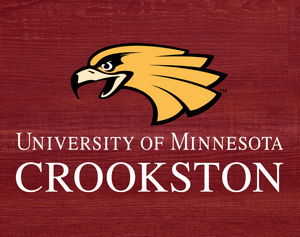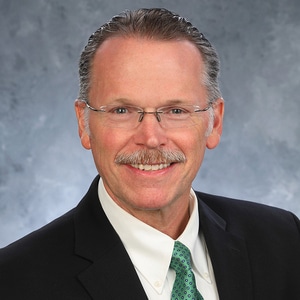UMC invites the community, both on-campus and off in a series of learning communities. Together, through the UMN Transdisciplinary Collaboration grant, awarded in April, members of the Crookston and surrounding communities along with UMC faculty, staff, students (undergraduate and graduate), are welcome to discuss ideas from contemporary Indigenous thinkers about how the world is arranged, and what the human place is within larger spheres of existence.
There will be 5-10 learning communities over the course of this project. Participation in these Learning Communities is free of charge. Each group will have 6-12 participants from diverse backgrounds. Books and other materials for discussion by the learning communities will be provided which will run through fall semester 2022. All meetings and talks will be held virtually.
Members of the Learning Communities will have the opportunity to:
(1) attend one-four meetings centered around discussing their work
(2) attend their public talks.
“By engaging several Indigenous knowledge experts across a range of disciplines, we intend to transform the ways we do natural science, social science, engineering, arts, and humanities work in university contexts,” says Katy Chapman, Ph.D., Math, Science, and Technology faculty and Crookston campus liaison. Chapman said the project will be an act of radical and catalytic listening. “Through constellating a Learning Community and engagements with Indigenous thinkers, we seek to move educational and disciplinary practices to embrace Indigenous knowings that are always and already present in the world,” she said.
Interested in joining one or many of our learning communities, sign up here. Contact Katy Chapman, Ph.D., at katys@crk.umn.edu.
“We are grateful to the UMN Institute for Advanced Study and Institute on the Environment for funding this project,” says Chapman. This research and creative collaborative is funded by the University of Minnesota’s Institute for Advanced Study (IAS). IAS is a resource for scholars, artists, professionals, and students who are engaged in a wide variety of study and practice. The IAS also serves as a bridge between the University and the wider community as a place where people meet and ideas are exchanged. The Institute for Advanced Study provides funding support for faculty research, interdisciplinary collaborative research, and public programming, as well as a range of other support for faculty, staff, students, the general public, and community partners.
Four faculty, including UMC’s Katy Chapman Ph.D., Math, Science and Technology, and David Syring, PhD., Department of Anthropology, Sociology & Criminology, College of Liberal Arts, and Jennifer Liang, Ph.D., Department of Biology, Swenson College of Science and Engineering at UMN Duluth, along with Peter Murdock, Ph.D., Levin Institute on the Environment are leading these activities and discussions related to “Transdisciplinary Engagements with Contemporary Indigenous Thinkers”.




